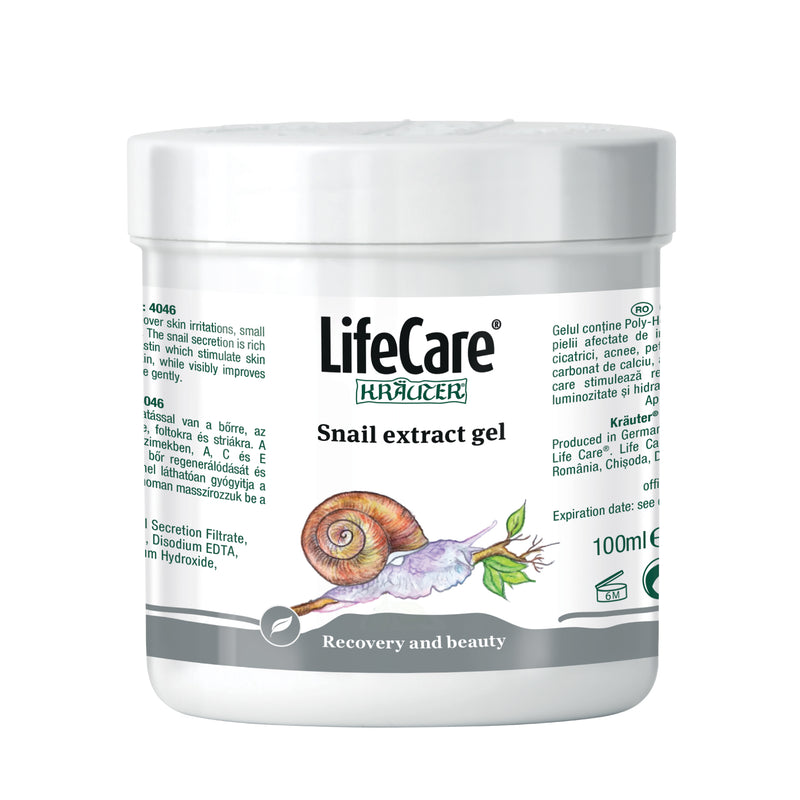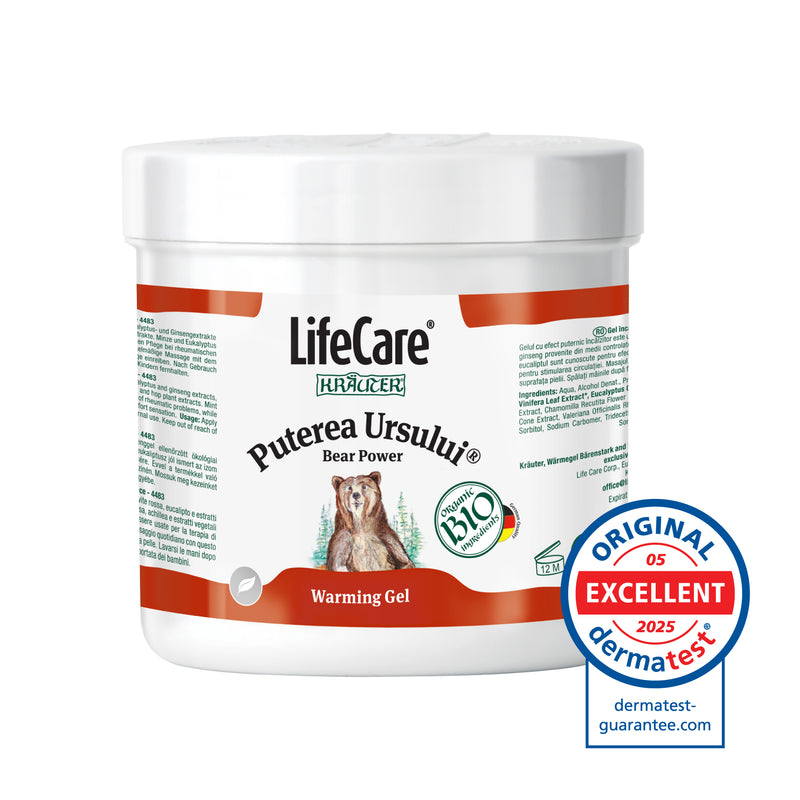Vitamin D3 is also known as "sun vitamin" or "antirachitic vitamin". It has an important role in the good functioning of the body, especially in the assimilation of calcium. In the case of a deficiency, this will be felt throughout the body. Therefore we should not neglect her daily intake
What are vitamin D3 dietary supplements?
Vitamin D3 dietary supplements are a form of vitamin D. They also have the name of cholecalciferol. Naturally, D3 is obtained by exposing the skin to the sun. Vitamin is synthesized in the skin, then absorbed by the body. Dietary supplements are useful in the cold season or in the event of a deficit. They are obtained from lanolin, but there are also vegetable sources such as flax seeds.
Properties and benefits of natural vitamin D3
Vitamin D3 has many benefits, especially for children, because it helps to fix calcium in the bones and prevent rickets. It stimulates the production of serotonin, also called the "hormone of happiness", which improves the mood and helps the nervous system. It supports the immune system, being indicated especially in winter, because it can prevent the occurrence of influenza and seasonal infections. Other benefits: inhibition of cellular proliferation, prevention of diabetes, promoting vascular relaxation.
How to integrate supplements with vitamin D3 into your daily routine
Vitamin D3 is obtained from nutrition: fat, dairy, egg yolk, liver, whole grains. If you have a deficit and need supplements, you can easily integrate them into your routine. For children, the drops are recommended, because they are easy to manage. Adults can consume daily Vitamin D3 2000 IU, with increased biovalability.
Differences between natural and synthetic vitamin D3 D3
Vitamin D3 D3 is obtained from animal or vegetable sources, while the synthetic one is artificially obtained, in the laboratory, by chemical synthesis, fermentation or extraction. In addition, synthetic ones may contain preservatives, dyes or sweeteners. Because they are not natural, our body can absorb them more slowly. One study says that natural vitamins are assimilated 98%, while synthesis vitamins are assimilated only 10-20%.
Vitamin D3 Natural: Natural Bone Health Help
The lack of vitamin D3 has unpleasant symptoms in the whole body, but especially in the bone system. It is necessary to fix calcium in the bones. In its absence, calcium is eliminated by the kidneys. This property of vitamin D makes it essential for the growth and development of the bone system in children and maintaining the healthy bone structure for adults. It can prevent osteoporosis or autoimmune diseases such as rheumatoid arthritis.
Who needs vitamin D3 supplements?
It is indicated for children in the growing period (mandatory for children up to the age of 18), the elderly, those who have an increased risk of complications due to avitaminosis D. Also, to non -displays who cannot benefit from natural sun exposure.
Contraindications and possible adverse reactions
Like any other vitamin, D3 has benefits and contraindications. Among the latter are: muscle pain and weakness in the muscles, sudden changes in behavior (irritability, melancholy or depressive), continuous fatigue, lack of concentration, excessive sweating, joint pain, migraines.
To avoid overdose, it is recommended not to exceed 4000 IU or 100 micrograms a day in adults, pregnant women, breastfeeding women, elderly and children between 11 and 17 years old. There are contraindications if: you have too high a level of vitamin in the body (established by blood tests), a large amount of calcium or phosphate in the blood, you have kidney stones or other kidney disease.
Useful questions:
When is vitamin D3 supplements given?
Vitamin D3 is found in the form of capsules (countries or soft) or liquid (drops, spray). They can be administered at any time of the day, preferably during a main meal.
How long is vitamin D3 supplements given?
If you have wondered "How long is vitamin D3 administered?", Find out that the general accepted response is from November to March (when sun exposure is limited), daily. Depending on the needs, the administration can be done at higher intervals (weekly or monthly), oral or injectable (in the case of severe deficit).
What is the recommended daily dose for vitamin D3 supplements?
The recommended daily dose is established according to age and sex. As you get older, the body's ability to produce it decreases. People living in the Nordic countries, where exposure to the natural light of the sun is limited, must supplement this intake with higher doses.
Thus, it is recommended: 400 IU for infants; 400-600 IU for teenagers; 600 IU for adults up to 70 years old; 800 IU for those over 70 years old.
Can vitamin D3 be given to children or babies?
Yes, vitamin D3 is especially recommended for children and babies, because it helps to fix calcium in the bones and supports harmonious development. However, because Vitamin D3 can have adverse effects if administered excessively, children between 1 and 10 years old should not exceed a daily intake of 2000 IU/day or 50 micrograms, and infants 1000 IU/day or 25 micrograms/day.




